[ UPDATE 10/02/09: The Times have now published an opinion piece on this story. Keep watching. ]
In brief: while cases of measles in children are increasing, presenter Jeni Barnett on LBC radio takes a very vocal stance against MMR immunisation. Blogger and doctor Ben Goldacre opposes, on the grounds of bad science while posting a recording from the show to make his point. Almost immediately, LBC issues Goldacre with a legal takedown notice citing copyright infringement.
Or in other words, LBC begins a virtual perfect storm in blogs and the mainstream media.
You can read more about it on Techdirt, Ars Technica and other places.
Look at the average number of comments on Jeni Barnett’s personal blog (currently 2 or 3ish per post) against the comments for the two posts about MMR (at the time of writing, 82 comments for Bad Scientists and 134 comments for MMR and Me).
The killer elements of the storm are:
- an already existing health controversy
- the welfare of children
- in LBC, a popular media outlet with many listeners
- a perception of LBC as “traditional” media
- the nature of blogs as a fast, cheap and direct medium for expressing opinion
- and likewise for online comments, although more so (see also: the recordings on YouTube)
- “bad science”
- a strong feeling of solidarity among bloggers
- and particularly against lawyers as relates to copyright and freedom of speech
Search Twitter for LBC and MMR and you’ll get more reaction (that doesn’t even cover all the possible terms which relate to this story). There’s also a Facebook group called Defend Ben Goldacre from LBC with, for what it’s worth, 1048 members at the moment.
There’s a weary inevitability in the tone being used to tell this tale. As my colleague Tom remarked to me earlier today, someone should (if not already) document these frequent and grisly incidents in a dedicated blog. It could be called Blogging Blazes or something of that nature.
If you’re looking for scientifically sound advice about MMR vaccines for children, then it’s easy to find. Let’s just say that Goldacre, a qualified doctor, would certainly advise you to research more widely than a talk radio show.
Was Goldacre’s use of the copyrighted recordings a legally fair dealing? Interesting question.
But the main question I’m asking in a PR context is, why is this being considered a “fail” for LBC Radio? Their objectives are controversy and ad revenue. They’ve got the controversy and the free blog promotion (including this post).
To date, none of LBC’s advertisers has backed out over this. (Although this could happen and I’ll be certain to post an addendum here if this changes.) Whether it’s intentional or not, this situation is playing out very well for them.
Goldacre will have no trouble finding legal advisers or funding if it goes to court. And whatever the result, LBC still get headlines.
Let’s just hope it leads to better discussion and more conscientious and informed parenting, shall we?
(I’m going to try to focus on edifying things for the rest of this month! We’re working with a photographer who is doing some great work with some very diverse people and I can’t wait to tell you about it.)
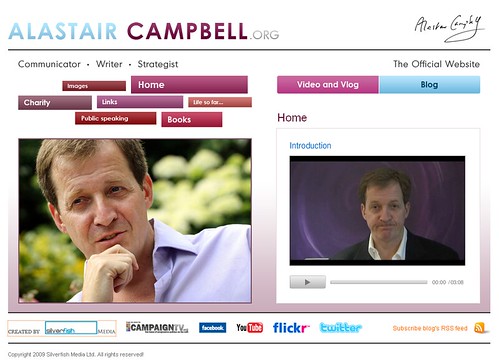
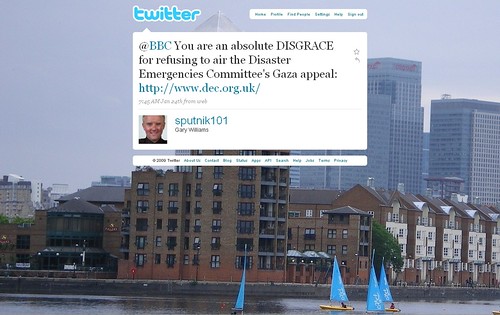
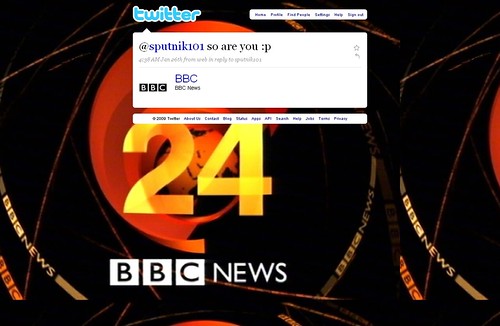
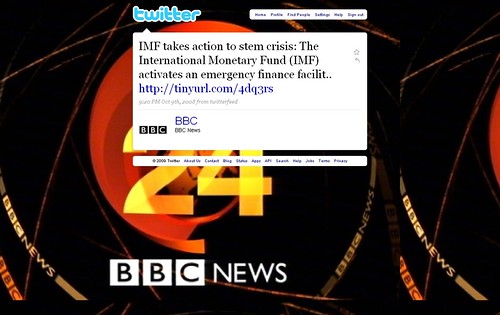
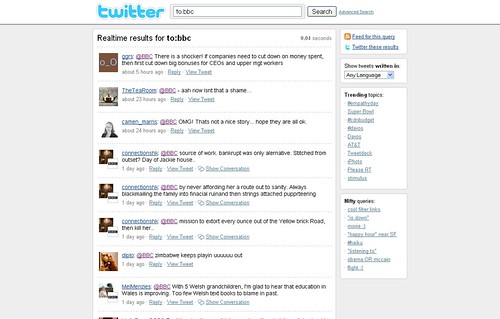
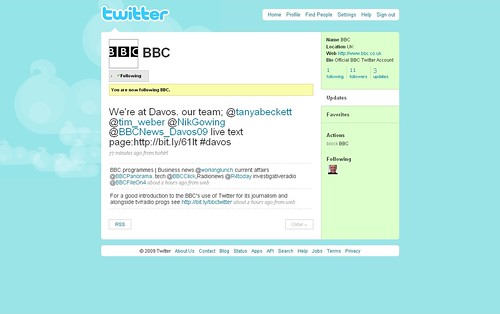
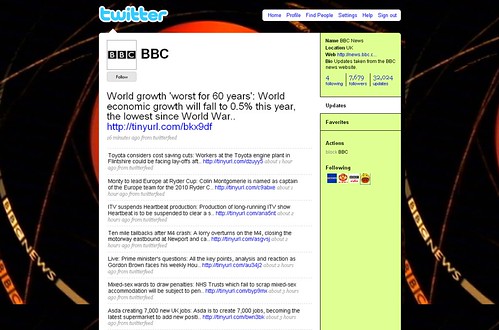
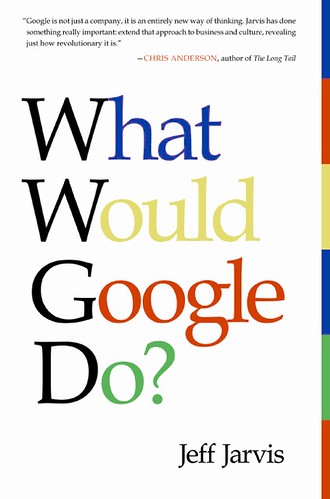
Why Every Company Is A Media Company (via Mashable)
Check out this intriguing post Why Every Company Is A Media Company (from Mashable blog) about a small restaurant which dominates at least one Google search query – by having a website with some interesting, relevant, “human” content.
If you’re using businessy or corporate speak on your site, it’s a good opportunity to reconsider. People are mostly immune to that. People like real voices!